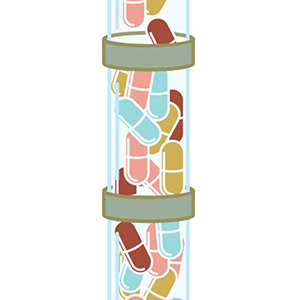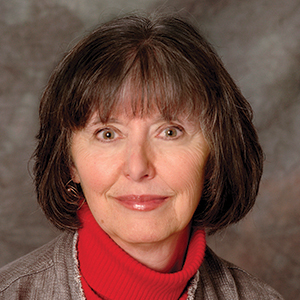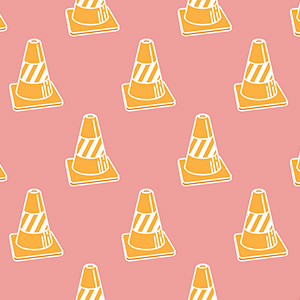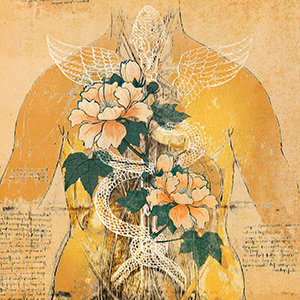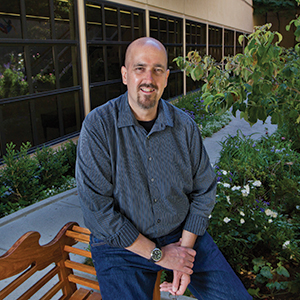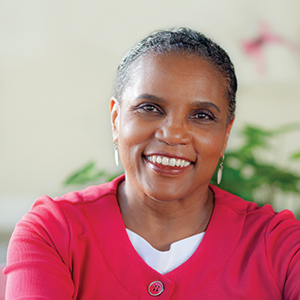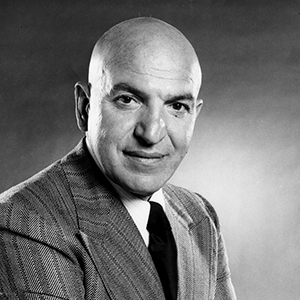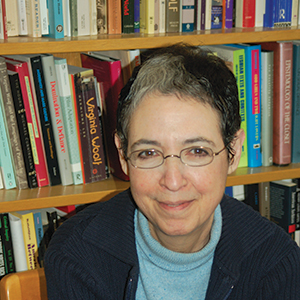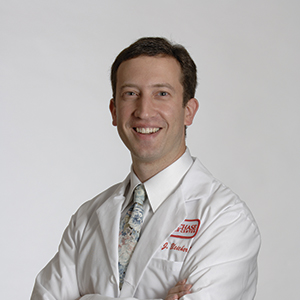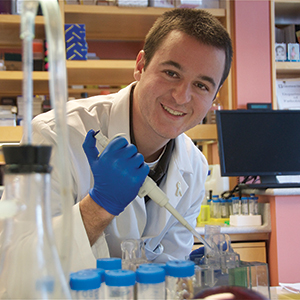Summer 2013 Vol. 03 Issue 02
-
Editor's Letter
Making PlansA cancer diagnosis can quickly change your “other plans.”
by Kevin McLaughlin
-
Forward Look
Fueling the Pediatric Cancer Pipeline | Get Smart About Smartphone Cancer Apps | Getting Back on Track | Identifying the Unexpected Risks of Targeted Therapy | It Takes a Village | Paying a Steep Price | Rally for Medical Research | This Way to the Quit Line | When the Cancer Doctor Gets Cancer
-
Your Cancer Guide
Friendships Lost and FoundSome cherished bonds break in the face of a cancer diagnosis, while other relationships can become wellsprings of comfort and support.
by Hester Hill Schnipper
-
Caregiving With Confidence
Managing Milestones After a LossNavigating difficult anniversaries is part of the grieving process.
by Michelle Johnston-Fleece
-
No Through Road
Cancer cells are able to find new pathways around targeted therapies. Scientists are racing to get there first.
by Sue Rochman
-
Reimagine Your Body
Help is available for cancer patients worried about how they look during and after treatment.
by Melissa Weber
-
The Power of One
A cancer survivor reflects on the stranger who gave him a second chance at life.
by Robert Henslin
-
When Less Is More
Studies are finding that aggressive treatment, such as extensive surgery, radiation or chemotherapy, is not always necessary for cancer patients to get good results.
by Alexandra Goho
-
Survivor Profile
Standing StrongDrawing on strength from her ancestors and lessons from the 1960s, cancer survivor Vernal Branch works to make a difference for the next generation.
by Regina Nuzzo
-
Yesterday & Today
Who Loves Ya, Baby?Telly Savalas met his match in bladder cancer. Earlier diagnosis and more aggressive treatment might have made a difference.
by Jocelyn Selim
-
Q&A
Writing Through ItIn a new book and on her New York Times blog, author Susan Gubar chronicles her experiences living with metastatic cancer.
by Marci A. Landsmann
-
Sound Advice
Your Questions, Our AnswersOn asking for a second opinion, job seeking with a cancer history, and whether stress can cause a cancer recurrence.
-
Get Involved
Providing More Than a MealAfter her son finished cancer treatment, Angela Farley started an organization to deliver meals to people facing serious illness.
by Marci A. Landsmann
-
In the Moment- Summer 2013
Matt Hiznay, Diane Fowler, Roxann Merino.
Scientists present data on the risks of immune checkpoint inhibitors so more patients can tap into the treatment.
by Marci A. Landsmann
Tissue and Liquid Biopsy for Targeted TherapyTailored treatments led to better outcomes than standard of care when biomarker results from liquid biopsy and tumor tissue aligned.
by Eric Fitzsimmons
Cancer Vaccines Show Promise in Early TrialsWhile mRNA vaccines offer a personalized approach to triggering an immune response, peptide vaccines could be a one-size-fits-all treatment. Researchers are exploring both options.
by Thomas Celona
Declining Breast Cancer Mortality in Younger WomenU.S. breast cancer deaths declined for women ages 20 to 49, which researchers credit to wider screening and better treatment.
by Kevin McLaughlin




